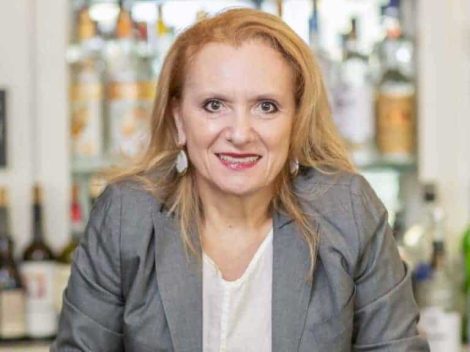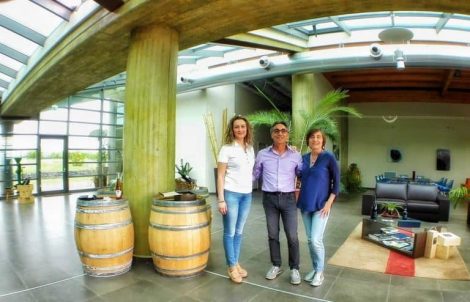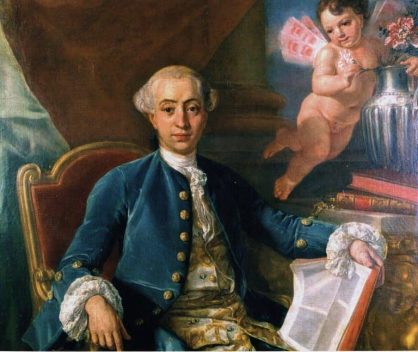Baglio di Pianetto is accelerating its renewal process. The most recent development is the acquisition of a majority stake in the Sicilian winery by Grégoire Desforges, the third generation of the Marzotto family and grandson of founder Paolo Marzotto. Desforges, who served as the company’s spokesperson in 2024, has now taken on the role of president. Joining him as vice president is his mother, Dominique Marzotto, who until now held the position of president. This marks a new leadership structure aimed at boosting the high-altitude wine project of Baglio di Pianetto. This project had already been reinforced in March of the previous year with the appointment of Graziana Grassini as consulting oenologist.
The acquisition of the majority stake is part of a broader revitalisation plan. As Dominique Marzotto herself explained, this plan does not involve staff cuts but rather focuses on the "enhancement of human and environmental resources."
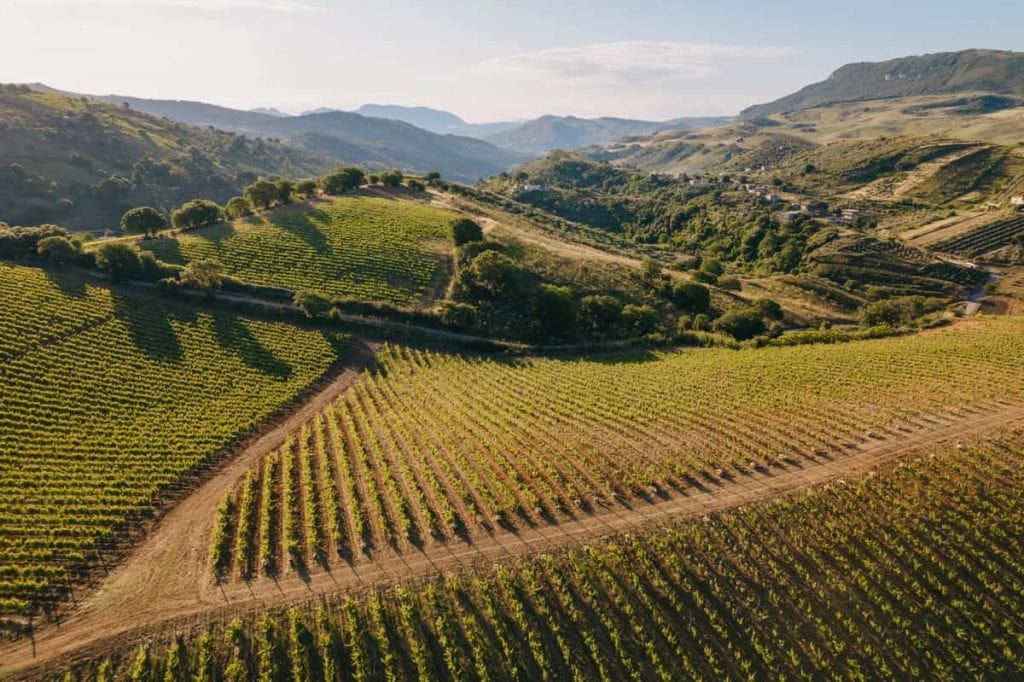
The high-altitude vineyard project
The young president, Grégoire Desforges, born in 1989 in Paris, likes to describe himself as a citizen of the world and has chosen to settle permanently in Santa Cristina Gela. He will continue the work started by his grandfather Paolo in 1997.
"Baglio di Pianetto’s viticulture has been certified organic since 2011, and the winery has had a vertical development structure since its inception. In 2023, the first ESG certification was completed. Our commitment to reducing environmental impact," Desforges explains, "is now reinforced by the strategic (and identity-driven) choice to focus on high-altitude vineyards, reaching up to 900 metres above sea level. The altitude allows us to produce wines with unexpected elegance, freshness, and the ability to meet the demands of an increasingly discerning consumer."
In line with this new direction, the company decided in 2024 to divest its vineyards in Noto and Pachino (Tenuta Baroni, approximately 70 hectares acquired in 1998 by Count Paolo, are in the process of being sold). These vineyards primarily produced wines based on Nero d'Avola, Frappato, and Moscato.
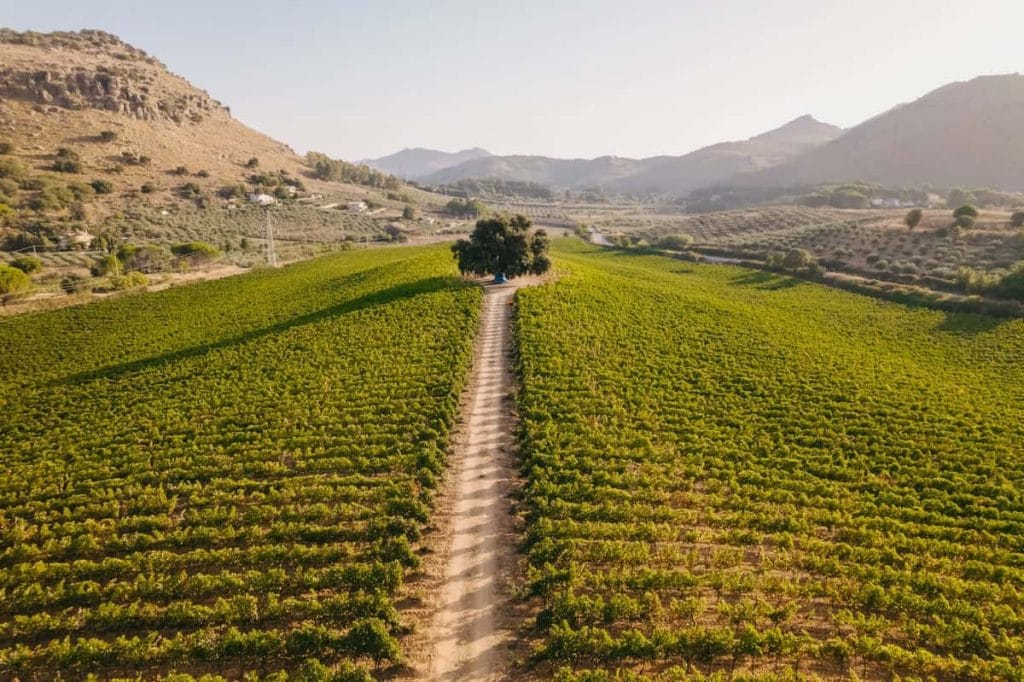
The new industrial plan
Baglio di Pianetto, which currently has 106 hectares of vineyards and produced 650,000 bottles in 2024, is aiming to implement its new industrial plan. This plan was developed by CEO Dante Bonacina, who took office in spring 2023 following extensive experience at Ca’ del Bosco.
"We decided to concentrate all our vineyards exclusively within the Santa Cristina Gela and Piana degli Albanesi areas. We are also reconfiguring our product portfolio and packaging so that each wine communicates the distinctiveness of our new brand identity," Bonacina explains.
The challenge of value and export
The Sicilian company faces the challenge of enhancing its value. Improving profitability involves optimising resources and production costs, as well as narrowing the range of wines. This restructuring of vineyards and company areas is accompanied by efforts to reduce the environmental impact of every operation in both the vineyard and winery. Additionally, there is a reassessment of pricing and the distribution strategy both nationally and internationally.
The new plan has a long-term scope and includes strengthening exports, which currently account for 18% of total production volumes. Germany, the USA, and Switzerland are the main markets. The plan also envisions projects in the hospitality sector. The company’s leadership anticipates "a significant improvement in performance and a concrete revival and recovery."
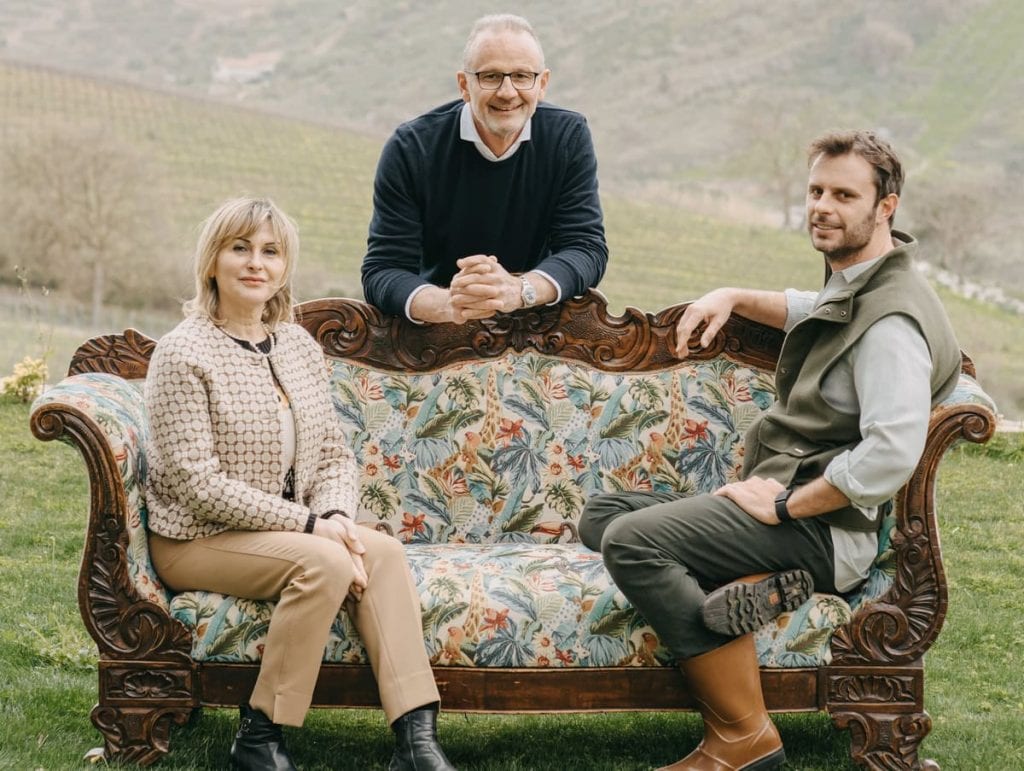
Graziana Grassini, Dante Bonacina and Grégoire Desforges
Pruning the unfruitful branches
CEO Bonacina elaborates in an interview with Tre Bicchieri: "During 2023/2024, we boldly undertook a complete corporate restructuring, a genuine 'pruning' of the unfruitful branches that were causing losses and inefficiencies. The temporary reduction in turnover for 2023/24 (€4.5 million in 2023 alone) should be viewed as an inevitable consequence of the strategic requalification and reorganisation of resources. It also serves as a clear signal of the choices we are making: prioritising value over volume, minimising losses, and gradually returning to profitability."

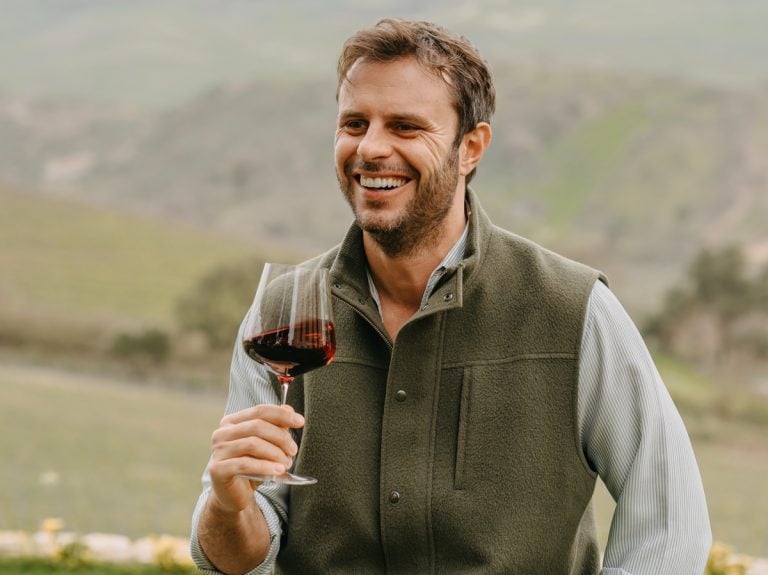
 Who is the best Italian bartender in the World
Who is the best Italian bartender in the World The Langhe Nebbiolo with the best quality-ratio selected by Gambero Rosso
The Langhe Nebbiolo with the best quality-ratio selected by Gambero Rosso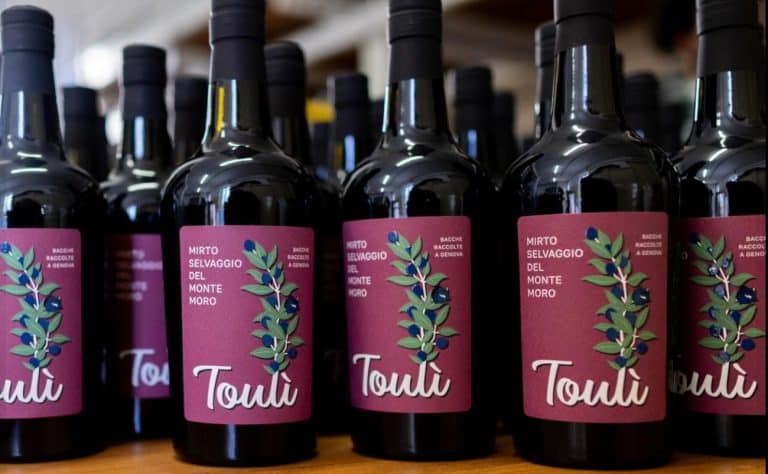 The story of wild myrtle born on the mountain overlooking all of Genoa
The story of wild myrtle born on the mountain overlooking all of Genoa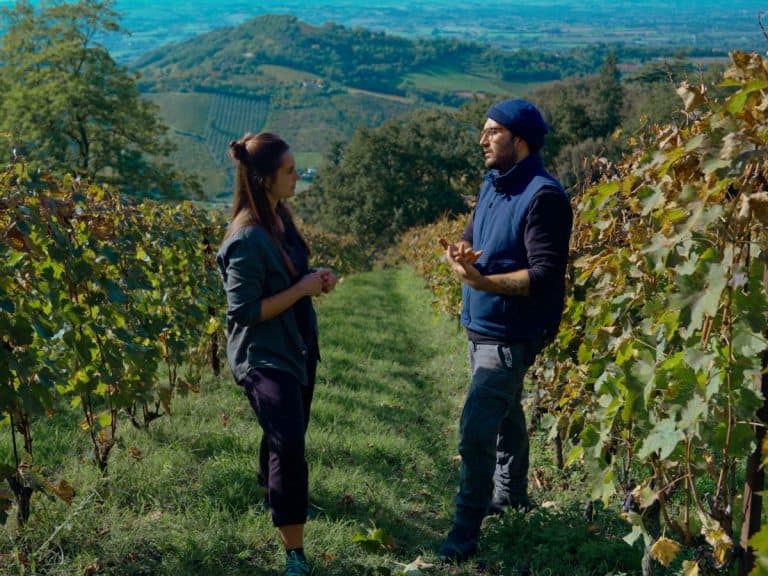 A documentary explores how a group of independent winemakers wims to save wine from climate change
A documentary explores how a group of independent winemakers wims to save wine from climate change One of Italy’s best bakeries is located on an island and was opened by a young baker
One of Italy’s best bakeries is located on an island and was opened by a young baker

